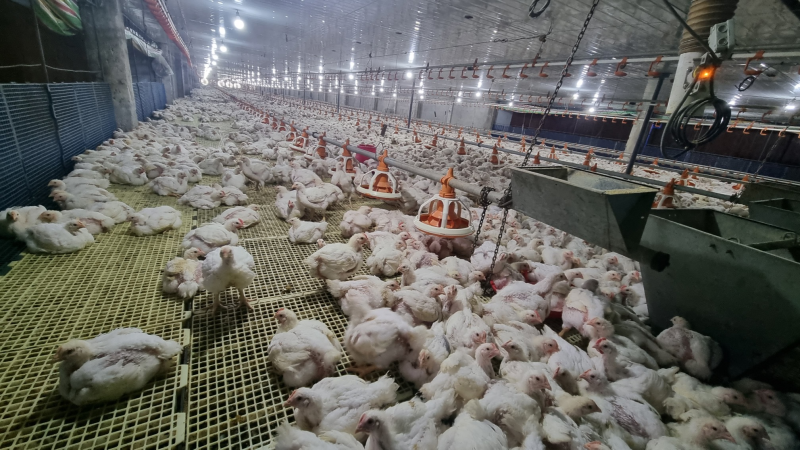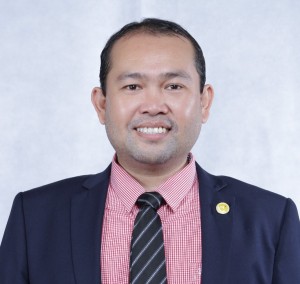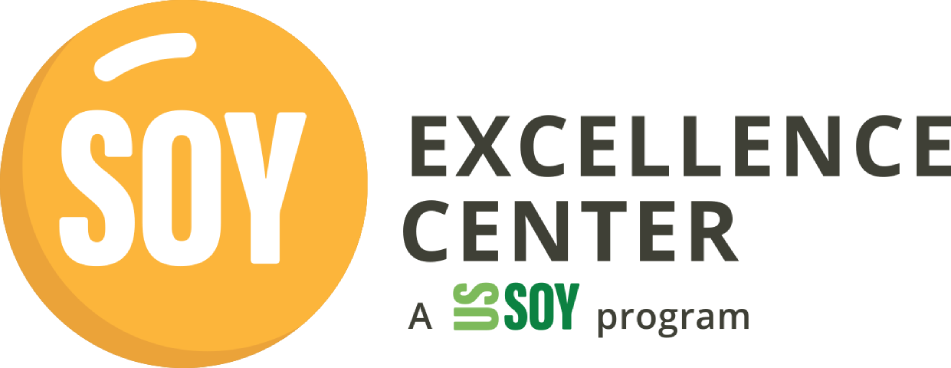
Poultry Farm Biosecurity
Poultry farm biosecurity refers to a set of practices and measures implemented to protect poultry from the introduction and spread of infectious diseases. Biosecurity in poultry farms can be divided into three parts: infrastructure, personnel and poultry production. The location of the farm should be away from urban centers and other animal production systems. Environmental management of the farm should have proper waste disposal and protection against pests, strong winds and rain. Entry and exit should have cleaning and disinfection points for both vehicles and personnel. The farm must have good lighting and ventilation and made of materials that allows adequate washing, cleaning and disinfection. All equipment and instruments must have periodic maintenance as well. The farm personnel is advised to stay inside the farm and outsiders should not enter without appropriate clothing and if suffering from diseases should not be allowed to enter. Disinfection of instruments and hygienic practices to maintain staff health is also important. Farm personnel should be trained on proper cleaning and disinfection, recordkeeping and during emergencies. All-in and all-out system of production, proper vaccination of the birds and proper use of medicines when the birds succumb to diseases which may be notifiable are crucial. Mortalities and wastes should be disposed properly. Birds should have access to fresh and potable water and a well-balanced diet. The implementation of biosecurity protocols brings great benefits but must be a lifestyle that needs to be followed by all personnel.
Instructor Bio
Dr. Noel B Lumbo
Assistant Professor and Head of the Animal Nutrition Division of the Institute of Animal Science in UP Los Baños.

Dr. Noel Lumbo is a graduate of Doctor of Veterinary Medicine and Doctor of Philosophy in Animal Science specializing in monogastric nutrition and gut health interactions in UP Los Baños. He is currently an Assistant professor and Head of the Animal Nutrition Division of the Institute of Animal Science in UP Los Baños. His research interests are on gut health, feed ingredient evaluation, evaluation of non-conventional feedstuffs, and designing diets for free-range and organic feeding systems. He is the Secretary of the Philippine branch of the World Poultry Science Association, a member of the Philippine Veterinary Medical Association and UPLB Interdisciplinary Center for Organic Agriculture. He is also the Division Leader for Food and Feed Safety of the UPLB Program for Zoonotic Diseases. He is a Life Member and Auditor of the Philippine Society of Animal Science. He is a Diplomate of the Philippine College of Poultry Practitioners (PCPP) and the Philippine College of Veterinary Feed Practice (PCVFP). He was the recipient of the Asian-Australasian Association of Animal Production Congress (AAAP Congress) Outstanding Young Scientist Award in 2016 and in 2021, the Philippine Society of Animal Science (PSAS) Outstanding Young Professional in Animal Science Teaching. This year, the Philippine Veterinary Medical Association (PVMA) awarded him the 2022 Outstanding Veterinarian in Education and the Asian-Australasian Association Animal Production Congress (AAAP Congress) Outstanding Young Scientist Award for 2022.

